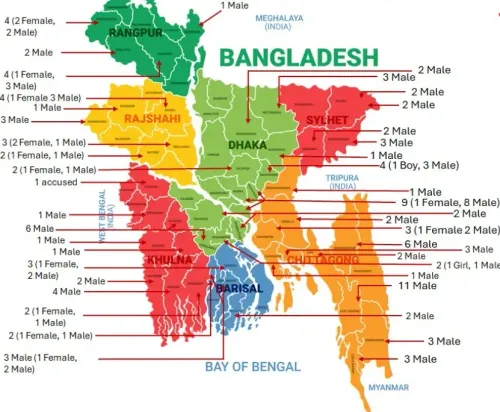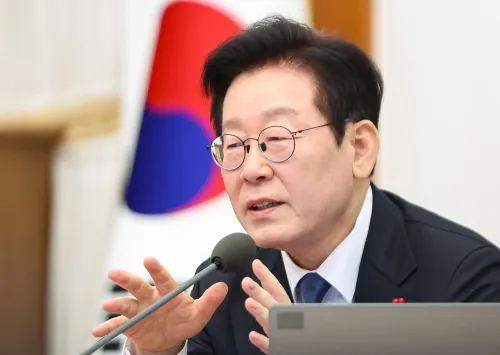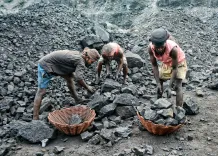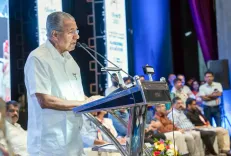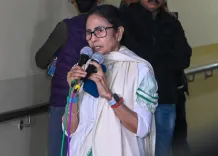Why Did the UN Security Council Extend Sanctions Against Armed Groups in the Central African Republic?
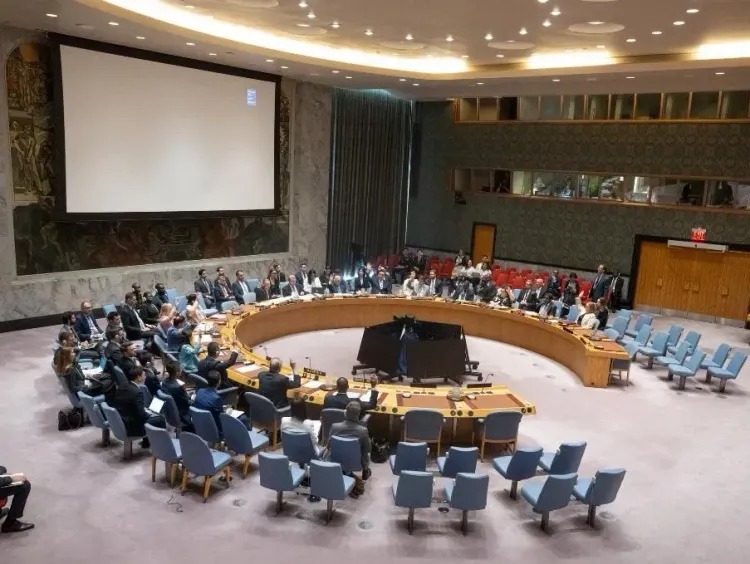
Synopsis
Key Takeaways
- UNSC extends sanctions against CAR armed groups until July 2026.
- Resolution 2789 mandates measures to prevent arms transfers.
- Sanctions target entities and individuals undermining peace.
- Expert panel's mandate is extended until August 31, 2026.
- Significant changes have been made to foster Council unity.
United Nations, July 30 (NationPress) The UN Security Council (UNSC) has passed a resolution to prolong the sanctions imposed on armed factions operating within the Central African Republic (CAR) for another year, extending them until July 31, 2026. This resolution received unanimous support from the 15-member council.
According to details from a UNSC meeting, Resolution 2789 directs all member states to implement measures that prevent the direct or indirect supply, sale, or transfer of arms and related materials of all kinds to armed groups and individuals associated with them in the CAR.
The resolution also prolongs the mandate of the expert panel tasked with assisting in the enforcement of these sanctions until August 31, 2026, as reported by Xinhua news agency.
Last year, the UNSC lifted the arms embargo on the CAR government through Resolution 2745, but maintained the arms embargo on armed groups and individuals linked to them, alongside targeted measures such as asset freezes and travel bans.
Previously, the Council had lifted the arms embargo on the Central African Republic Government and its security forces with resolution 2745 (2024). However, restrictions remain for non-State entities, including travel bans and asset freezes.
“This renewal mirrors resolution 2745 (2024),” stated the French representative, who led the drafting of this resolution. He noted that significant changes had previously been made, fostering Council unity on the matter for the first time since 2020. “France aimed to build upon this collective success by proposing a technical rollover this year,” he added.


